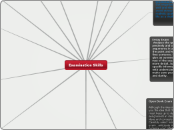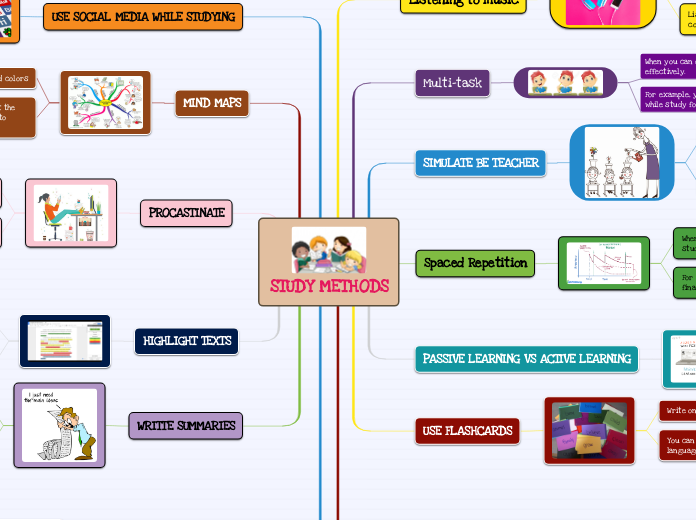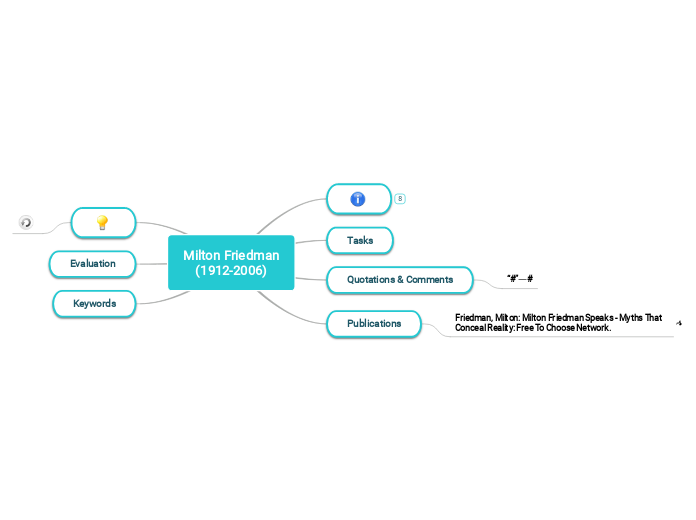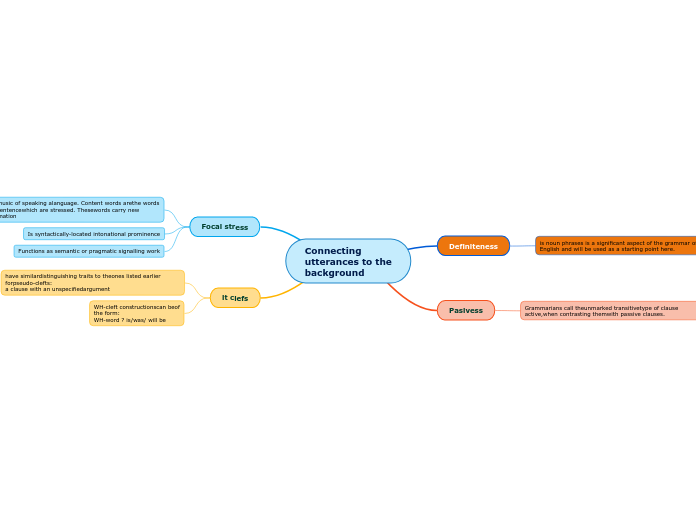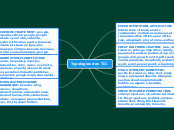por Goodman Mkhatshwa hace 11 años
317
Examination Skills
Managing exam stress involves addressing physical, mental, and emotional symptoms that can hinder performance. Physical symptoms may manifest as headaches, backaches, and changes in sleep and eating habits, while mental symptoms include trouble concentrating and forgetfulness.
